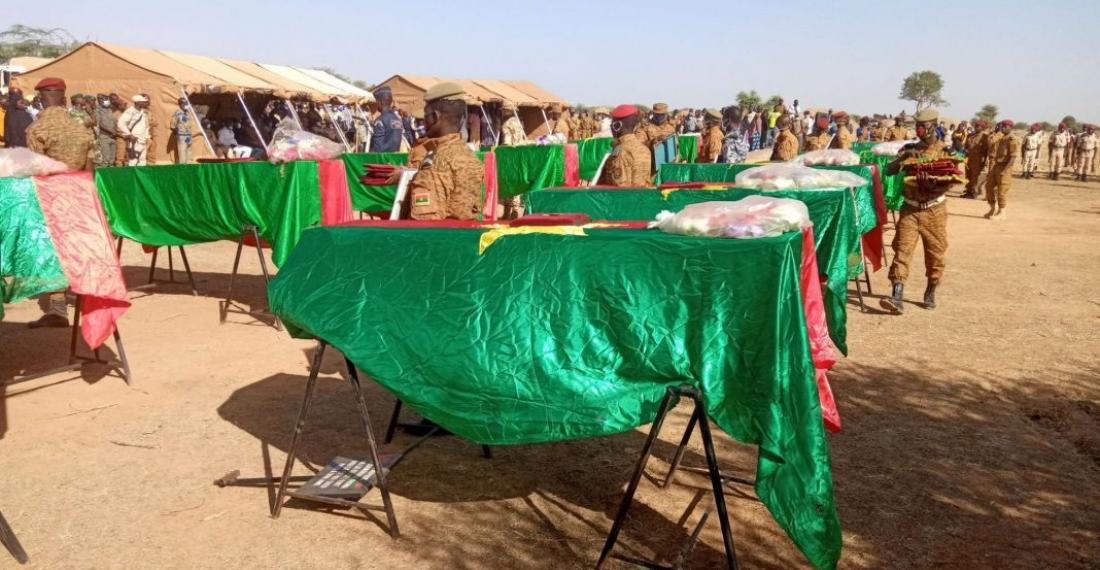160 civilians have been killed in a suspected jihadist attack in Solhan, a northern village of Burkina Faso near the country’s borders with Mali and Niger. The attack, which took place on the night of 4-5 June at 2am, is one of the deadliest in the country since jihadist violence began in 2015.
Reports state that a group of unidentified armed individuals, whom the government has described as terrorists, drove into the village on motorcycles and opened fire on civilians. According to local sources, the attackers first targeted the post of the VDP ("Volunteers for the Defence of the Homeland") – a civilian defence force created in December 2019, recruited and trained by the army to fight terrorism – before attacking a gold mine, adjacent to the village. The 160 people killed are said to include around 20 children.
On 5 June, Burkinabé President Roch Marc Christian Kaboré denounced the "barbaric attack" and decreed seventy-two hours of national mourning.
The United Nations Secretary General, Antonio Guterres, has expressed outrage over the attack, stressing "the urgent need for the international community to strengthen its support for one of its members in their fight against extremist violence". The French foreign minister, Jean-Yves Le Drian, announced on Sunday (6 June) that he had spoken on the phone with President Kaboré, noting that he would express “France's solidarity once again” during his visit to the country this week.
The Solhan attack followed another attack in the Yagha Province on Friday (4 June), in which at least 14 people, including 13 civilians and a soldier, were killed.
The attacks come a week after two others in the same area, in which four people, including two VDP members, were also killed. On 18 May, 15 villagers were killed in an assault on a village in the northeast of the country. Security forces are struggling to stem the spiral of jihadist violence that has killed more than 1,400 since 2015 and displaced more than a million people, fleeing areas of violence.
Yesterday (7 June), in response to the attacks, the governor of Burkina Faso’s northern Sahel region, Colonel-Major Salfo Kaboré, ordered the closure of mining sites and restrictions on the movement of two- and three-wheeled vehicles in certain localities.







